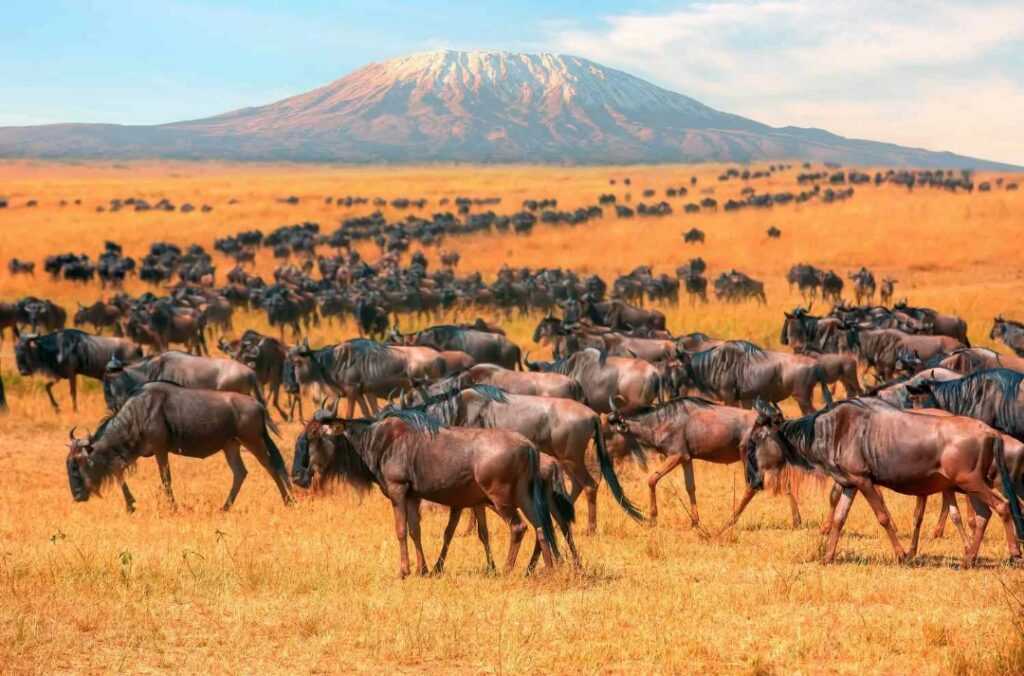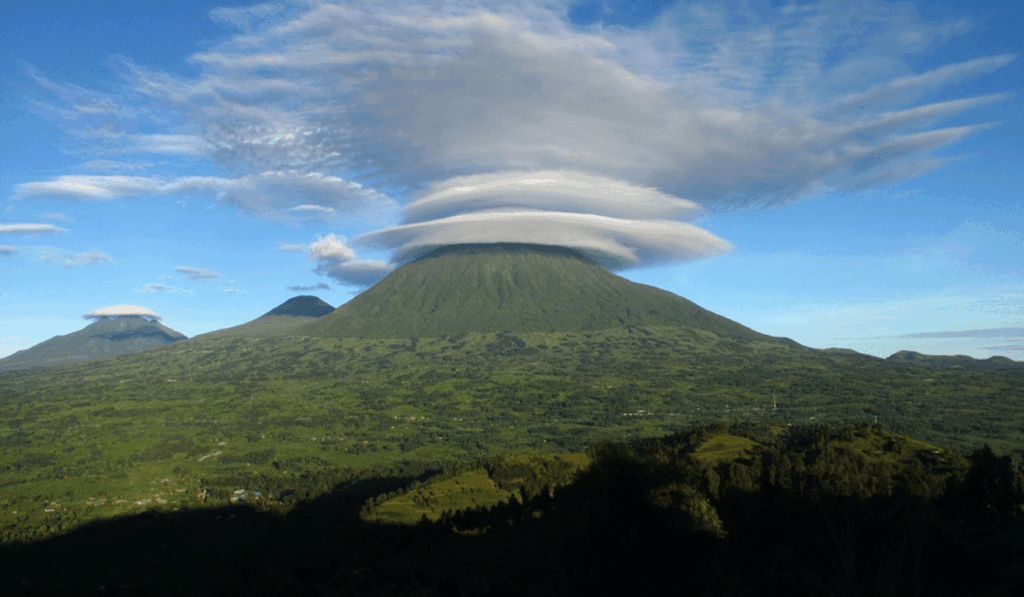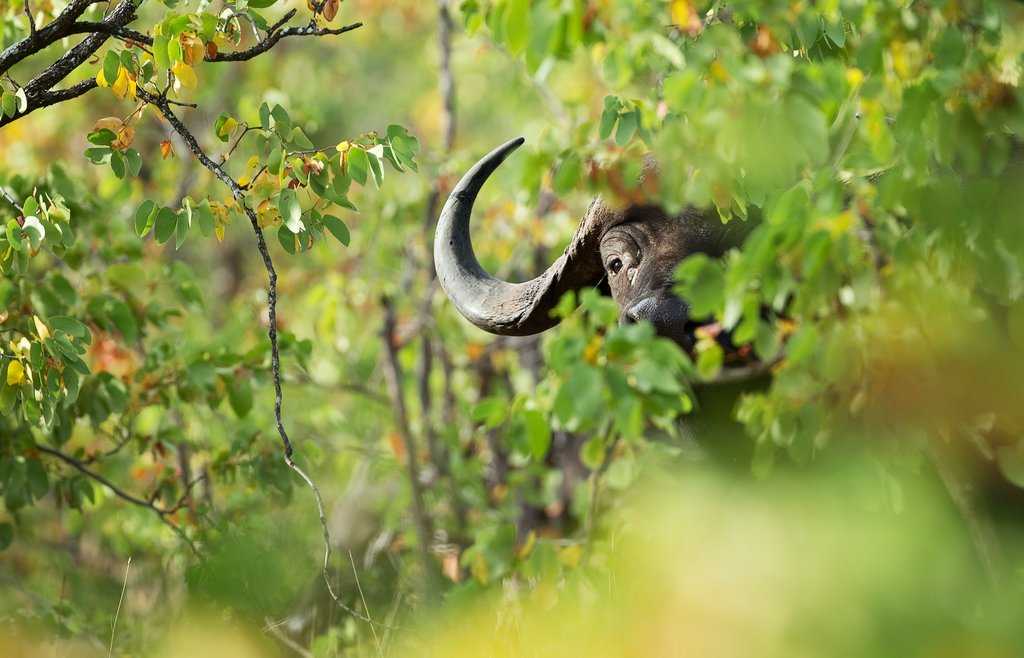Ecotourism in Africa has grown significantly over the past decade, offering a sustainable way to explore the continent’s stunning landscapes, abundant wildlife, and rich cultural heritage.
This form of travel prioritizes minimizing environmental harm while uplifting local communities economically and socially.
By choosing eco-friendly travel options, visitors not only help preserve Africa’s unique ecosystems but also provide vital support to rural communities that often face marginalization. This dual benefit makes ecotourism a pivotal part of Africa’s tourism landscape.
Ecotourism in Kenya: The Maasai Mara’s Sustainable Model
The Maasai Mara in Kenya stands as a shining example of how ecotourism in Africa integrates conservation with community development. Known for the Great Wildebeest Migration and its iconic wildlife, this region has embraced eco-friendly tourism practices.
Lodges and camps within the Maasai Mara prioritize renewable energy, waste reduction, and habitat conservation. Local Maasai people are frequently employed as guides and hosts, fostering cultural exchange and providing economic benefits to their communities.

Rwanda’s Mountain Gorilla Conservation Success
In Rwanda’s Volcanoes National Park, ecotourism thrives through mountain gorilla trekking experiences. Gorilla permits are priced to directly fund conservation initiatives and support infrastructure in nearby villages. This model exemplifies how sustainable tourism channels resources into wildlife protection while benefiting local residents.
The revenue from gorilla trekking permits has significantly contributed to the conservation of mountain gorillas, with the population increasing from 480 in 2010 to over 600 in recent years.
Related Post: Top Universities for African Students: Unlocking Academic Excellence in 2025
South Africa’s Kruger National Park: A Sustainability Pioneer
A Sustainability Pioneer South Africa’s Kruger National Park has adopted ecotourism through private reserves that emphasize sustainability. These reserves allocate a portion of their earnings to anti-poaching campaigns, which play a crucial role in safeguarding endangered species.
The park’s efforts have led to a notable decrease in poaching incidents, with a 90% reduction in rhino poaching since 2014.

Challenges and Solutions for Sustainable Tourism
While ecotourism in Africa has achieved remarkable progress, challenges persist. Overtourism in certain regions and inadequate infrastructure in others strain natural resources.
However, organizations like the African Wildlife Foundation and African governments are implementing policies to ensure the long-term ecological and social benefits of sustainable tourism.
The African Wildlife Foundation has been instrumental in promoting sustainable tourism practices and supporting community-based conservation projects across the continent.
Looking Ahead of Ecotourism in Africa
As the movement toward ecotourism in Africa continues to grow, it offers hope for preserving the continent’s natural and cultural treasures for generations to come. Travelers who opt for eco-friendly experiences contribute to this vision, transforming their adventures into meaningful journeys that empower people and protect wildlife.
According to a report by the United Nations Environment Programme, sustainable tourism is expected to grow at a compound annual growth rate (CAGR) of 15.2% from 2022 to 2030, highlighting the increasing global interest in eco-friendly travel.
Related Posts:















